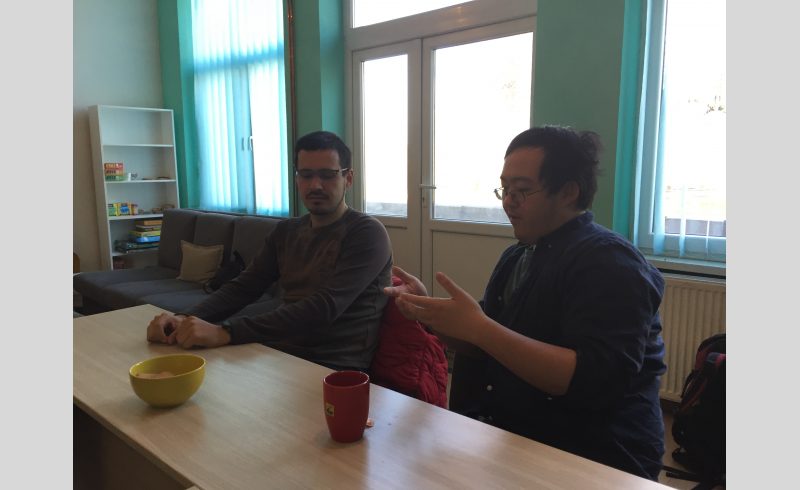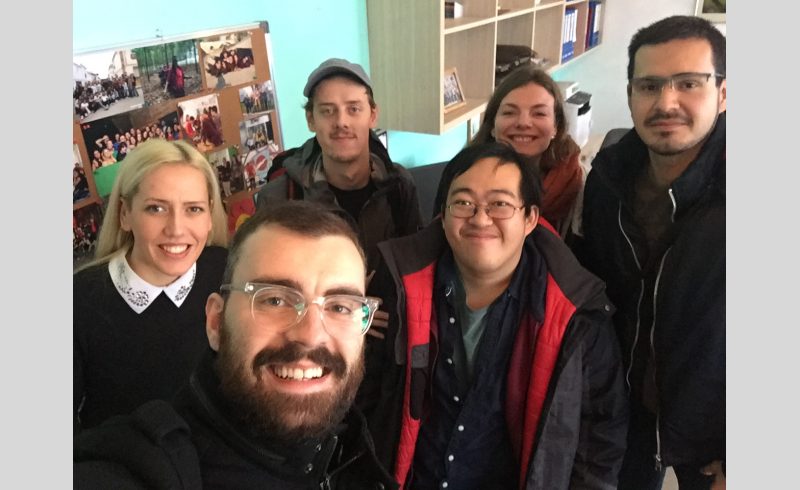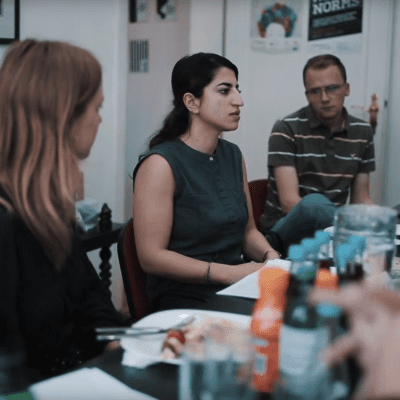Article
In modern International Human Rights Law, as well as in every democratic society, the right to individual’s privacy has always been emphasized, and very rarely questioned. Over the past 20 years, digital products have become integrated into our everyday lives and altered the very structure of our cognitive architecture, creating a seismic shift in human psychology. Today, with the development of social media, smartphones and other “digital gadgets”, we have decided to share literally everything, from our birthdays, addresses, special moments, intimate thoughts, vacation photographs, to bank accounts and medical records, with companies and complete strangers. Thanks to this, companies like Alphabet (Google’s parent company), Facebook, Amazon and Twitter have gained unprecedented power. One of the more pressing issues, if not the most, are algorithms designed to “enhance” our digital experiences, i.e. to make sure we stay longer on the likes of Facebook and YouTube. Simply put, the algorithms make sure that we see what we want to see, and put us inside a bubble which is very hard to penetrate. Yet again, this problem is often taken for granted and it is rarely discussed. While people who were born before the so-called digital revolution may remember how it was before and what privacy meant (but not necessarily understand the change), what about those born after the year 2000? What happens when you don’t want to share your private details on social media, or integrate your medical records into many health apps?
Problem is addressed through workshop education aimed at young people. A free digital booklet was presented and its content discussed with the participants throughout the workshop. Afterwards, the participants were awarded their digital copy.
DOWNLOAD YOUR COPY HERE







